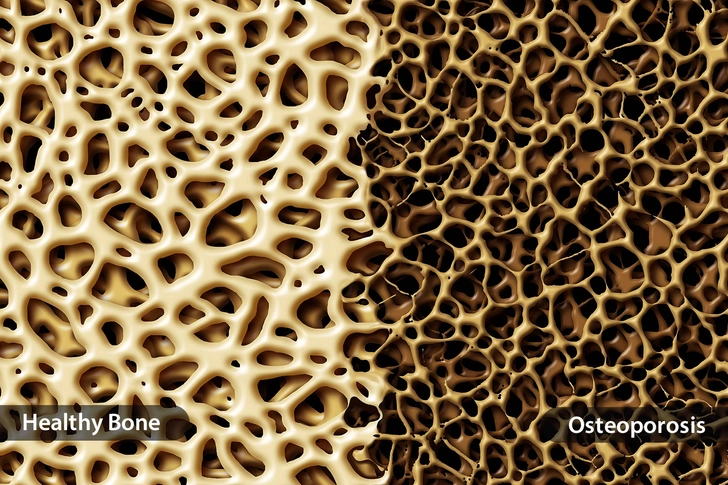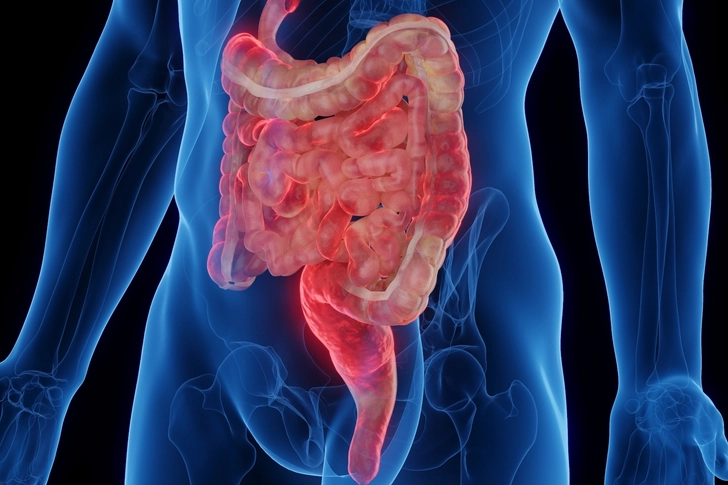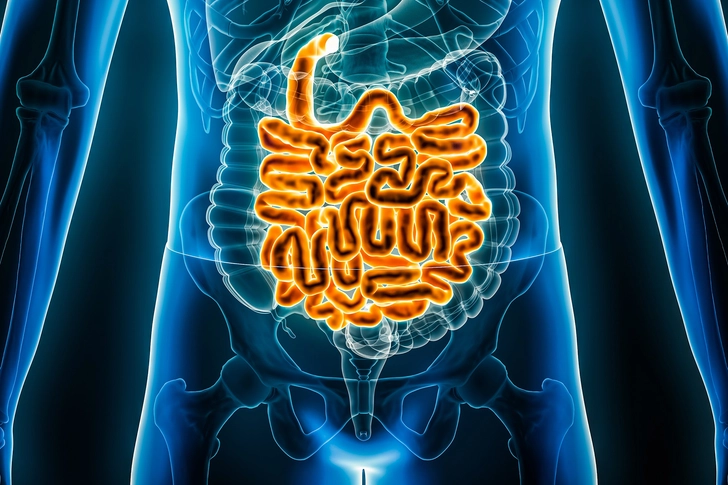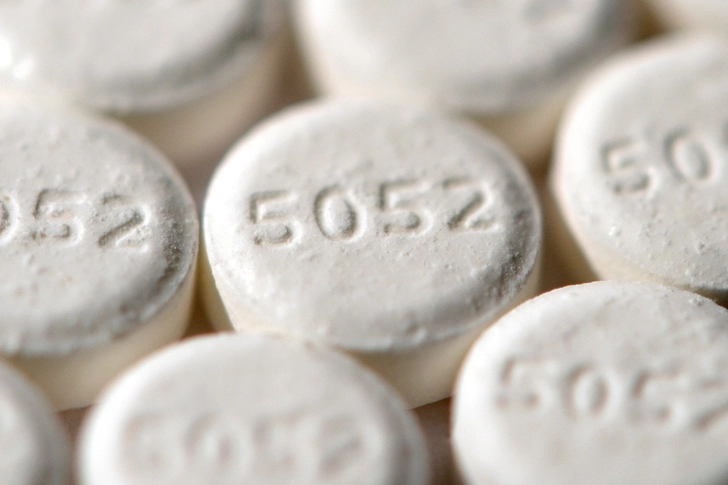- Overview
- Symptoms
- Causes & Risks
- Tests & Diagnosis
- Treatment
- Living With
- Complications
- Support & Resources
- Appointment Prep
- View Full Guide
What Should You Know About Crohn’s Disease and Your Bones?


Why Does Crohn’s Disease Affect Your Bones?
Crohn’s disease can weaken bones for several reasons. Calcium and vitamin D build bone strength. But small intestine damage, inflammation, and certain medicines make it harder for your body to absorb those nutrients. Low bone density affects between 30% and 60% of people with Crohn’s disease or ulcerative colitis, often coming within the first few years after diagnosis.

Understanding Osteopenia and Osteoporosis
Osteopenia is when you have low bone mass. Osteoporosis is more severe and means having fragile bones. These conditions usually come with age, but they can also appear if you have low bone density due to Crohn’s disease. If you can't exercise because of flare-ups, you may lose more bone density. Inflammation, poor nutrient absorption, and lack of physical activity often work together to cause osteopenia and osteoporosis.

Inflammation
Inflammation is how your immune system protects your body, but too much inflammation is a problem. In Crohn’s, ongoing inflammation in the intestines releases substances that interfere with how bones are built and maintained. Because of inflammation, your body may also struggle to absorb nutrients, such as calcium and vitamin D. Over time, this increases the chance of bone loss, which can eventually lead to osteoporosis.

Nutrient Malabsorption
Inflammation affects your body’s ability to absorb nutrients needed for strong bones (also called nutrient malabsorption). Your small intestine should absorb vitamin D, but Crohn's disease can cause serious damage to it. If inflammation or surgery affects this part of the gut, your body may struggle to absorb both vitamin D and calcium, which can weaken bones over time and lead to osteoporosis.

Corticosteroid Use
Corticosteroids are sometimes used to treat Crohn's flares. These medicines were more commonly used before newer drugs were developed in the 1990s. Corticosteroids turn on cells that break down bone, and slow down cells that build bone. They may also prevent calcium absorption. Even at moderate doses, corticosteroid use remains a strong predictor of bone loss. Children and teens are also at risk.

Reduced Physical Activity
You might not feel like exercising when you have Crohn’s. Most people become less physically active when they don’t feel well. Lack of activity can weaken your bones, since exercise helps stimulate bone growth. When fatigue or pain leads to less physical activity during flare-ups, bone strength can decline even more, increasing the risk of osteoporosis.

Low Body Mass Index (BMI)
Having Crohn's interferes with your digestive system. As a result, your body may not absorb the vitamins and minerals needed for strong bones. You might also struggle to maintain your weight. When people are not absorbing nutrients, they won't gain weight. As a result, you may have a low body mass index (BMI). People with a low BMI or low body weight are at a higher risk of having low bone density.

Foods to Eat and Avoid for Bone Health
Eating and avoiding certain foods can help prevent low bone density. Nutrition plays an important role in maintaining strong bones when you have Crohn’s disease. Foods such as fortified dairy or plant-based milks, leafy green vegetables, fish like salmon, eggs, and tofu can help support bone strength. Omega-3-rich foods like flaxseed also support gut health. It’s best to limit foods high in sodium, caffeine, and alcohol, since they can lower calcium levels and speed up bone loss.

Supplements to Protect Your Bones
Low vitamin D levels are very common, affecting about 35% of U.S. adults. Because not everyone can get enough vitamin D from food alone, supplements are often recommended when levels stay low. Your doctor may also recommend calcium supplements to help protect bone density. Typical recommendations are 1,500 milligrams of calcium and 800 international units (IU) of vitamin D per day, but it’s best to follow your doctor’s personalized guidance for the right dose.

Exercise for Bone Health
Bone is living tissue that gains mass and density when you exercise regularly. Weight-bearing activities push your bones and muscles to work against gravity, building bone health. Aim for 30 minutes of weight-bearing exercise, such as walking or light strength training, at least four days per week.

What Else to Know to Protect Your Bones
A healthy lifestyle can help you manage Crohn’s disease. Along with regular exercise, things like quitting smoking, limiting alcohol, and getting safe sun exposure to support vitamin D production can all make a meaningful difference. These habits work together to help you keep your bones strong and lower your risk of osteoporosis. Since depression and anxiety are common with Crohn’s, spending time in nature may also help improve your mental health.

Screening for Osteoporosis
You may need to get screened for osteoporosis. The most common test is a DEXA scan, a noninvasive test that lasts just a few minutes. It measures bone density, estimates your risk of breaking a bone, and determines if osteoporosis treatments are working. Regular DEXA scans are recommended if you’ve had Crohn’s for several years or have frequent flares.
IMAGES PROVIDED BY:
- E+/Getty Images
- iStock/Getty Images
- 3dMediSphere/Shutterstock
- MattL_Images/Shutterstock
- Daryl Solomon/Getty Images
- fizkes/Getty Images
- iStock/Getty Images
- iStock/Getty Images
- Moment/Getty Images
- Virojt Changyencham/Getty Images
- The Image Bank/Getty Images
- Wikimedia Commons
SOURCES:
Alan Moss, MD, chief scientific officer, Crohn’s & Colitis Foundation, New York City.
Sundeep Singh, MD, clinical associate professor, medicine - gastroenterology & hepatology, Stanford Medicine, Palo Alto, California.
Cedars Sinai: "Corticosteroid-Induced Osteoporosis."
Mayo Clinic Press: "Understanding osteoporosis vs. osteopenia."
University of California San Francisco: "Nutrition Tips for Inflammatory Bowel Disease."
Biologics: "Remicade® (infliximab): 20 years of contributions to science and medicine."
Royal Osteoporosis Society: "Steroids (glucocorticoids) and bone health."
Cleveland Clinic: "Vitamin D Deficiency.", "Inflammation."
The American Academy of Orthopaedic Surgeons: "Exercise and Bone Health."
University of Chicago Medicine: "Searching for links between IBD and mental health, through the gut microbiome."
University of California Davis Health: "3 ways getting outside into nature helps improve your health.."
CDC: "Facts About Bone Density (DEXA Scan)."
Bone Health & Osteoporosis Foundation: "Evaluation of Bone Health/Bone Density Testing."